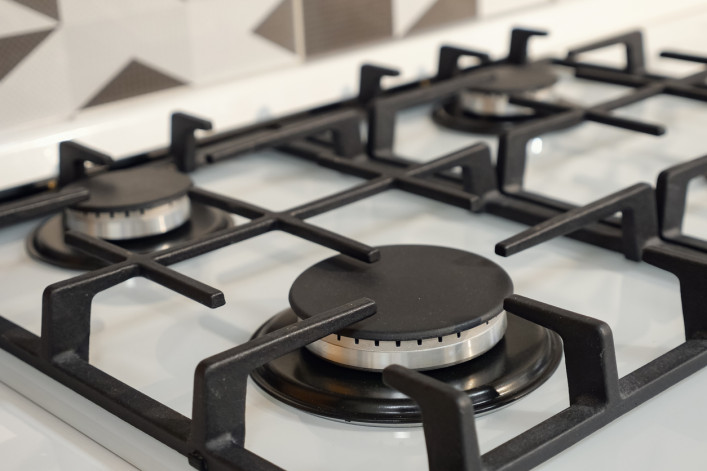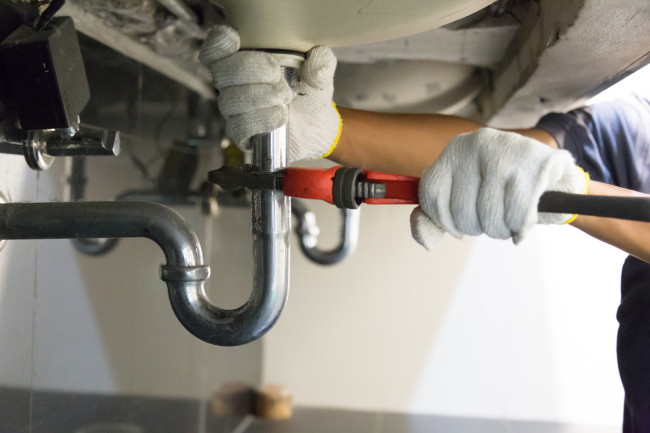We moved into a NYC building with no gas or heat. What can we do?
We were not told before moving in that the gas in our New York City building was turned off and we have no heat. Was it illegal for the landlord to leave us in the dark, and is he liable in any way? What can we do in the meantime?
Yes, it is illegal for your landlord to not provide heat and hot water, and you have several options in addressing this problem, our experts say.
"If you are suffering from no or inadequate heat, then your landlord is violating the law as it pertains to habitability," says Dennis R. Hughes, a broker with Corcoran. "Landlords who fail to provide heat can be sued or face tenant actions such as rent withholding."
Long-term gas shutoffs on their own are not illegal: The Department of Buildings has become more cautious in recent years after major gas explosions in residential buildings. If the DOB identifies a potential issue with your building's gas lines, they could be shut off while the property is inspected and the problems are repaired, a process that can go on for months.
In these situations, tenants are best off working together and forming a tenant association. With strength in numbers, you may be able to negotiate with your landlord and get a rent abatement to compensate for what you may be spending on meal delivery or other expenses while your gas is out.
But if a gas shut down is preventing not only your ability to cook but to have heat and hot water—and if the landlord misrepresented the building to you when you moved in—there's more you can do.
"Every apartment in New York City has to have heat and hot water, so this is clearly illegal, and possibly fraud," says Sam Himmelstein, a lawyer who represents residential and commercial tenants and tenant associations (and FYI, a Brick sponsor). "In terms of what you can do, it depends on what your goal is."
If you simply want out of your lease, you can break it with impunity, Himmelstein says. And if your landlord tried to sue you, you can file a counterclaim and make the argument that the apartment violates the Warranty of Habitability. You could also argue that being denied heat and hot water is a form of constructive eviction.
"It's a basis to break your lease, and also to recover any rent paid or expenses incurred moving into the apartment," Himmelstein says. "And if you rent a similar apartment that costs more, you may even be able to get damages for that."
If you want to stay in the apartment, on the other hand, you could withhold your rent—having no gas, heat, or hot water legally entitles you to a full rent abatement. The landlord could try to sue you for unpaid rent, but again, you have a straightforward defense. One caveat to keep in mind, though, is that tenant who end up in housing court—for any reason—wind up on a tenant blacklist.
"If I were representing this tenant and they wanted to stay and fight to get the apartment fixed, I'd recommend a combination of withholding rent and filing an Housing Part proceeding," Himmelstein says. The Housing Part, part of Housing Court, hears landlord-tenant cases involving repairs. "The court would entertain the HP despite closures, because this would be considered an emergency."
Trouble at home? Get your NYC apartment-dweller questions answered by an expert. Send your questions to [email protected].
For more Ask an Expert questions and answers, click here.
You Might Also Like





























